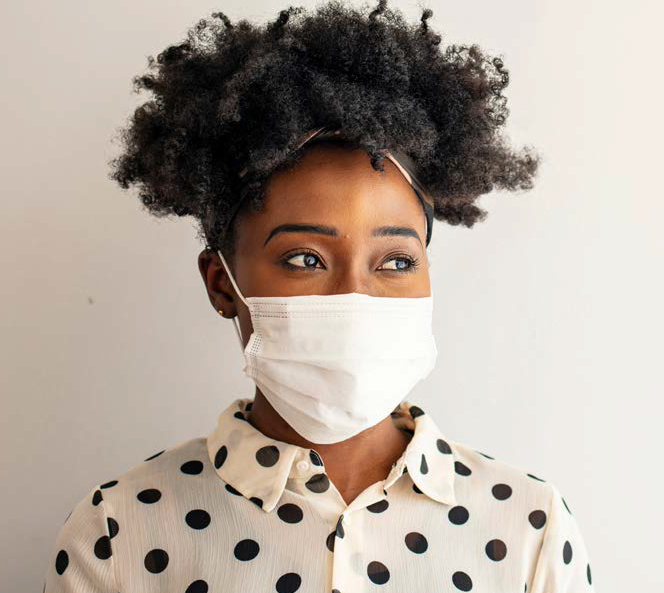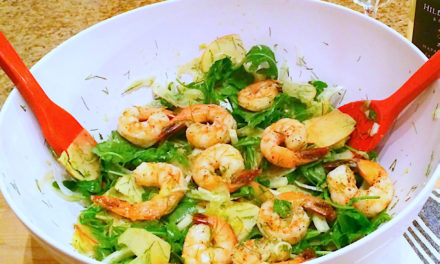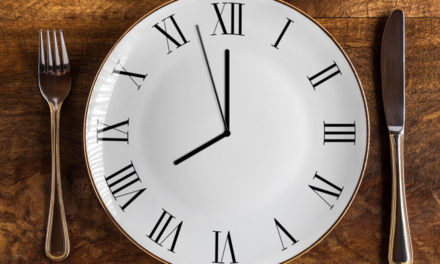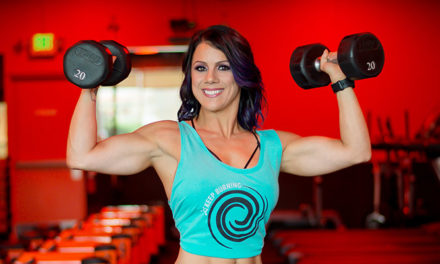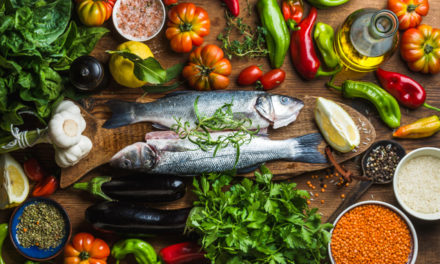Communities of color are disproportionately affected by public health emergencies like COVID-19. The COVID Tracking Project estimates that African-Americans have died at 1.6 times the rate of white people in the United States.
However, it’s more than that. According to the U.S. Department of Health and Human Services, social determinants of health include safe housing, transportation, racism, discrimination, violence, environmental hazards, and income. The pandemic’s effect on these has impacted the most vulnerable of Memphians.
Physical Wellbeing
Communities of color have a much different experience when seeking to take care of their physical health. They can face discrimination, lack of access to culturally competent care, and perceived medical bias.
Spiritual, Mental & Emotional Health
Communities of color often turn to religion to cope, find a sense of belonging, refuel emotionally, and get financial support. There are over 2,000 churches of many different faiths in the Mid-South!
Given the risk of congregating in person, many people are struggling without a much needed support system. Stress has a major influence on overall health, and combined with complex trauma, it can contribute or be at the root of many health issues like heart attacks, strokes, diabetes, hypertension, depression, anxiety, and disordered eating.
According to the CDC, African-Americans between the ages of 18–49 are twice as likely to die from heart disease than white people. African-Americans ages 35-64 years are 50% more likely to have high blood pressure as well.
Many places of worship have transitioned to some form of hybrid worship, offering some online opportunities mixed in with limited physical onsite hours as well. Check in with your place of worship to ask about different spiritual or growth groups, COVID-friendly volunteer groups, or even zoom studies!
Beginning to Heal With Nutrition
While nutrition can’t solve all the problems of the pandemic, eating well, getting adequate sleep, and reducing stress are places to start to nurture your health during a bad situation.
When it comes to good nutrition principles, it’s best to focus on consistency, variety, and balance. Many black folks were taught that cultural foods were bad or too high in salt, or too heavily processed. The misconception of black soul food not being healthy has led many African Americans to eat foods they don’t culturally like or identify with. In a time when comfort is key, keep balance in mind.
Consistent nutrition intake and decreasing restrictive behaviors have shown to help improve quality of life. Instead of focusing on removing things from your diet, focus on what can be added. Eating more fruits and vegetables will help provide vitamins, minerals, and fiber. While this sounds easy to do, income, food deserts, and lack of access to fresh produce are still issues for many in Memphis. Take advantage of community gardens and farmers markets when accessible.
Moving Forward
Gentle movement has been shown to help decrease insomnia, strengthen cardiac output, and help with muscle building. Mindful or gentle movement can have a positive impact on reducing stress and improving mental health. Transportation and accessibility can be an issue for marginalized communities of color.
There are many opportunities in and around the area to move and be active while practicing social distancing. A few are listed below:
- Roller skate when the weather warms up
- Visit Shelby Farms or Shelby Forest and take advantage of the walking/hiking trails
- Walk or ride bikes across the Greenline
- Walk or ride bikes downtown or on Mud Island
- Get a group of friends and practice yoga outside spaced apart
- Visit a new part of the community each week
Whitney Trotter is a registered dietitian, nurse, and certified yoga teacher. With Rachel Haaga, she helped cofound Restore Corps, an anti-trafficking organization. Whitney also is the owner/co-founder of Bluff City Health, a Memphis-based private practice focusing on nutrition and health for those with chronic disease, eating disorders, and disorder eating. Follow her @Whitneytrotter.rd or visit Whitneytrotter.com
Jeff Trotter is a pastor at Hope Church Memphis and founder of the clothing brand, Bend Dont Break, which emphasizes the importance of prayer and social activism. Follow him on Instagram @bend_dxnt_break or visit Benddxntbreak.com

